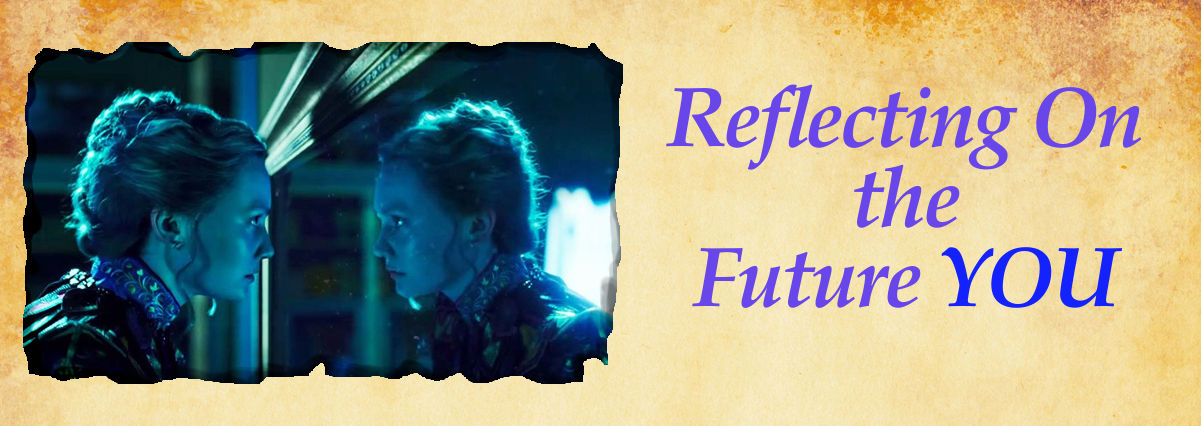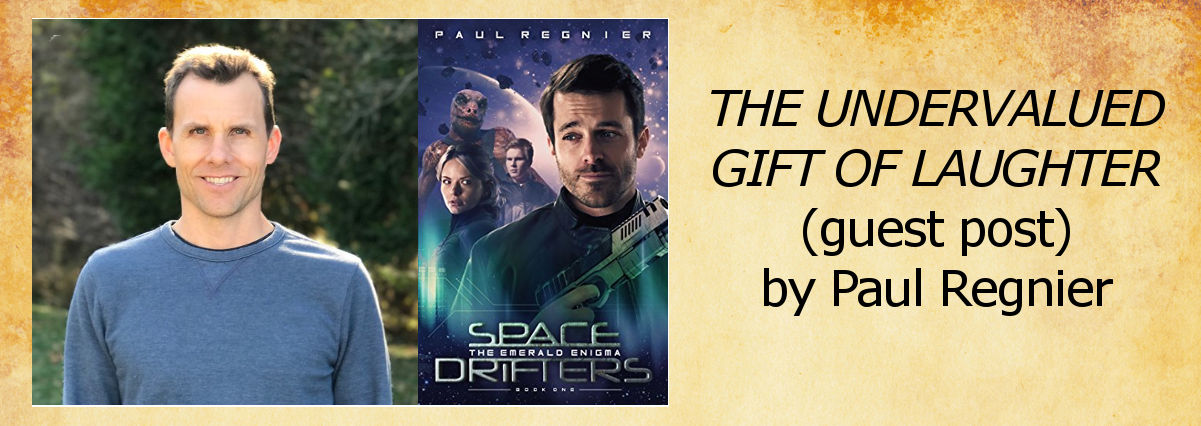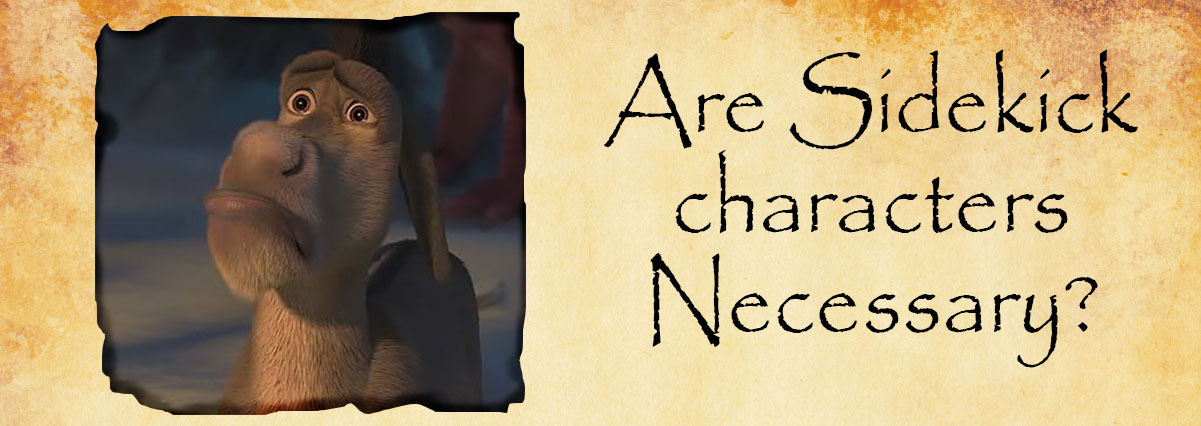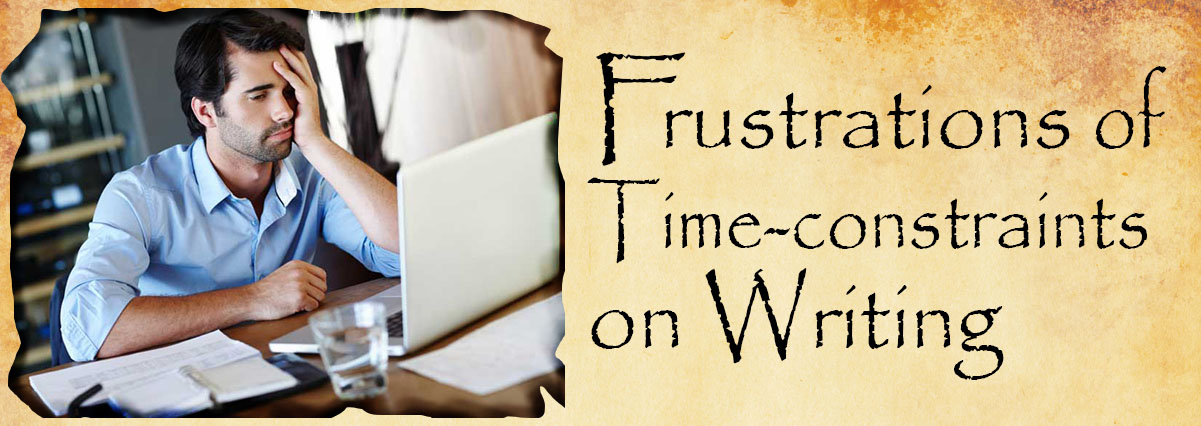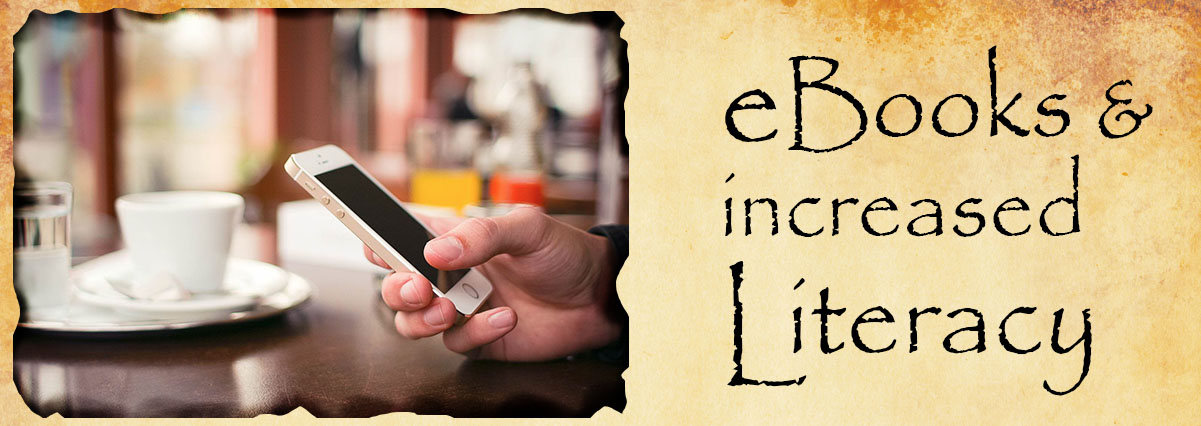The first introduction I had to the world of Christian book publishing was at the Glorietta Christian Writers Conference in New Mexico. I was an eager unpublished writer with only a small following on my blog. I’d written some short stories and a few of them had been published in online magazines. The largest payment I’d received on my fiction writing was (around) seven dollars. At that writers’ conference, I now know, I was about to step aboard the publishing roller coaster that alternates between building dreams and crushing them beneath its wheels.
Nothing will hold you through the publishing journey if you don’t have a love for writing in your soul. That must be engrained in your heart. We will fight to preserve something we love… But many people have a mere curiosity, a need for social esteem. They think “How cool would it be if I published a book?” Little do we realize a love of writing has to be in our blood because the emotional rollercoaster is going to shove our writing in the mud, and put our social life on hold.
Fortunately for me I didn’t enter the world of publishing with expectations of making a lot of money or achieving national fame. Reading and writing open the world to me and those around me. I love to write. Therefore I would write if only a few people cared to read my material. Why? Because it is worth the creative struggle to bring the world literature. By God’s blessing my books have now sold over 20,000-copies and I’ve been encouraged by each email and message I’ve received from new readers and avid fans.
The roller coaster has never stopped.
Back in 2007 I was sending new endorsements and swapping edits with the then-editor at AMG Publishers. For about two years it went back and forth, with hope of contract then the light at the end of the tunnel would dim again as someone on the publishing committee dismissed it. Eventually it was rejected.
All during the negotiation process I read and researched extensively on publishing and business. It led to my founding Flaming Pen Pres to release my first novel Swords of the Six.
To make this long story short, I went from self-published, to a contract with AMG for my first three novels, and published my last two novels under Flaming Pen Press.
In my experience working with the traditional publisher, while a thrill all its own, has been detrimental to my writing career. Do not misunderstand me, there are huge benefits also. But when I had my first novel under my own direction I knew I could keep it in circulation, keep it in front of readers, and build on its success.
Traditional publishing gave my work exposure to new markets. But looking back I realize that signing that first contract took my book out of circulation just when it was hitting a great level of success. I was forced to publish a collection of short fiction in order to appease readers who were begging for my second novel, which they couldn’t have until after the first was re-published by the publishing house.
Another challenge came when some buyers did not approve the cover art for my second novel. The publisher opted to get a different cover art and it didn’t fit the vision I had for the book originally. Again publication had to be delayed.
Sticking with growing my own publishing company would have all-but eliminated that roller coaster ride. Controlling your own business means growing it at a steady rate acceptable to you, controlling the quality and nature of your products.
Case in point are my novels Neverqueen and The Phantom’s Blade which I put under my own Flaming Pen Press. These titles look and feel how I want them to, read the way I want them to, and sales are steady and slowly growing.
With traditionally published titles marketing for them flows and then dies. Publishers move on and sometimes close down.
Moving forward I am looking to build Flaming Pen Press again and eventually publish other people’s books. Years ago I attempted to do so with Kestrel’s Midnight Song but I failed in a couple areas when making that business decision. The author worked hard, the book won an award, but having set up the book printing a more costly way we took a financial hit on returns.
What is awesome about that is that I own the company. We can learn from mistakes and evolve the business so that it makes financial and artistic sense. Books should be non-returnable so that retailers can’t carelessly order more than they need and ship back damaged product at the publisher’s expense.
A slow and steady growth in book writing, publishing, and marketing empowers the writer to establish trends, rather than following them. It’s one way of avoiding the industry’s roller coaster effect. It is not for everyone because not all writers want to learn the management of their own publishing company. But my compass points more certainly in that direction these last couple years.
Q: What hurdles have you faced in your writing?
